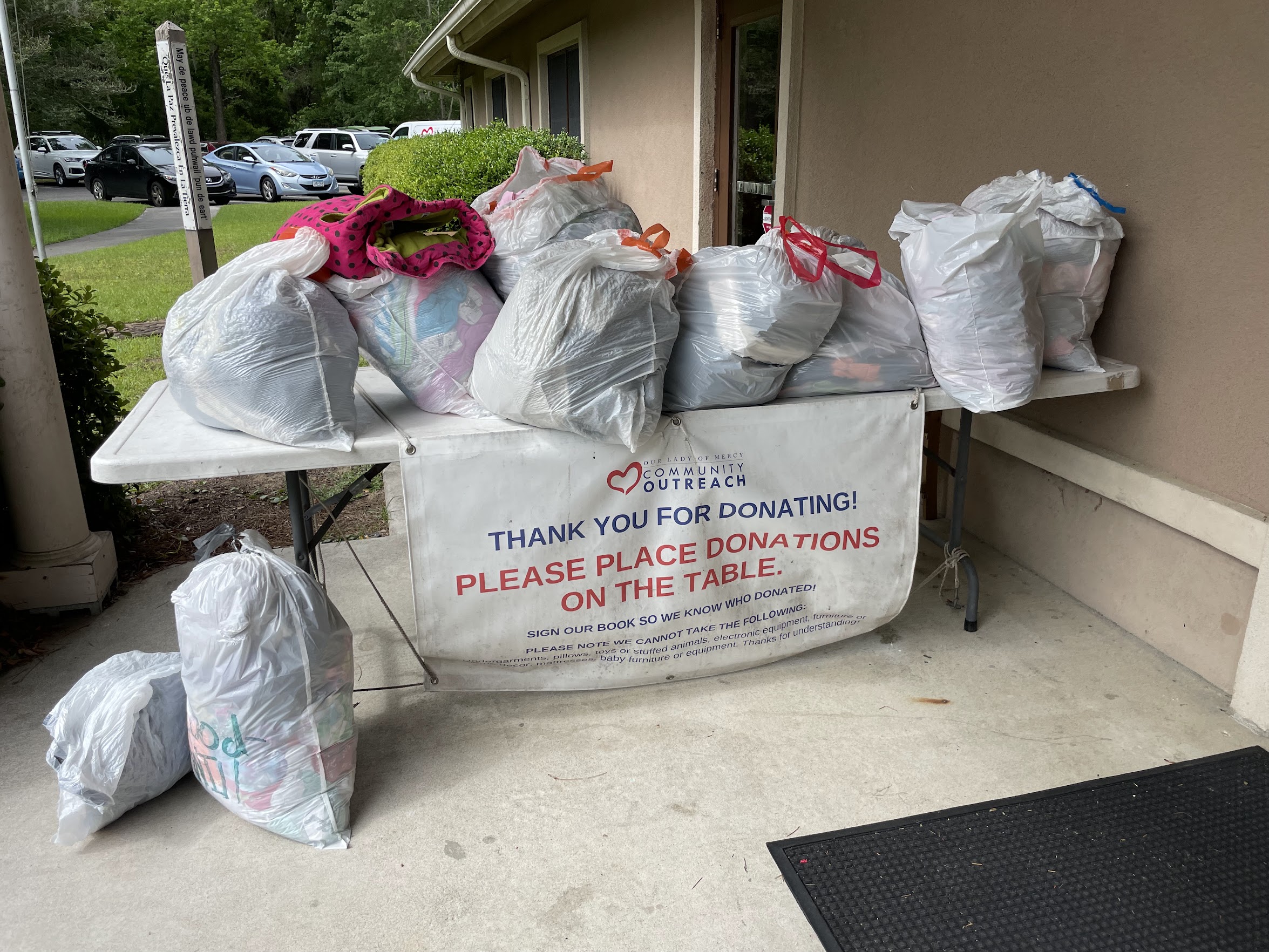How can I prepare for Hurricane Ian?
As we all continue to monitor Hurricane Ian, Transworld Electric wants to encourage everyone to stay alert and be prepared. If you are in a coastal area, be sure to #knowyourzone for evacuation. You can visit the South Carolina Emergency Management Division to use their maps and links to determine your zone & vulnerability to the storm surge.
Here is the 2022 South Carolina Hurricane Guide for your to review – 2022 South Carolina Hurricane Guide
Many people know the potential dangers that are associated with the violent winds and flooding that occurs during a hurricane but electrical hazards and power outages are also a major concern. Knowing the right electrical safety is essential for your safety.
HURRICANE ELECTRICAL SAFETY:
- Stay away from downed power lines. A power line on the ground may appear to be de-energized, but even if the power is out, never assume that to be true. If you are in a vehicle do not drive over any downed power lines because it could use your car as a conductor. Never try to move downed power lines.
- Never step in flooded areas of your home— standing water can be a powerful conductor and these could be charged by live power sources such as outlets or wires.
- If you’re evacuating, turn off the power to your home before you evacuate and unplug all your electronics this includes: computers, flat screens, speaker systems, etc.
- If possible, use flashlights and avoid candles, which can become fire hazards.
- Know where the circuit breaker box is; should your power go out, unplug appliances and electronics to prevent power surges when electricity is restored. Power surges often damage equipment and creates fire hazards.
- Locate shut-off valves and locations for gas, water, and electricity in the event they need to be turned off. If you smell natural gas, evacuate immediately and call the gas company’s emergency number. Do not turn on lights, light matches or engage in any activity that could create a spark.
- If your home has experienced flooding, it’s important to keep your power off until a professional electrician has inspected your entire home for safety, including appliances. Water can damage the internal components in electrical appliances like refrigerators, washing machines, and dryers, and cause shock and fire hazards.
- All wires and cables exposed to flood waters should be replaced to assure a safe and reliable electrical system. When wire and cable products are exposed to water or excessive moisture, the components may be damaged due to mildew or corrosion.
- If you use a portable generator: don’t run a generator in the house, don’t run a generator in the garage, and don’t plug a generator directly into a house’s main electrical system. The first two could lead to suffocation and the third could send an electrical charge back to the power grid, which would create an electrocution hazard for utility workers. do set up generators outside in a well-ventilated area, and do plug individual appliances directly into the generator.
As always, it is extremely important that you are always aware of your surroundings.





